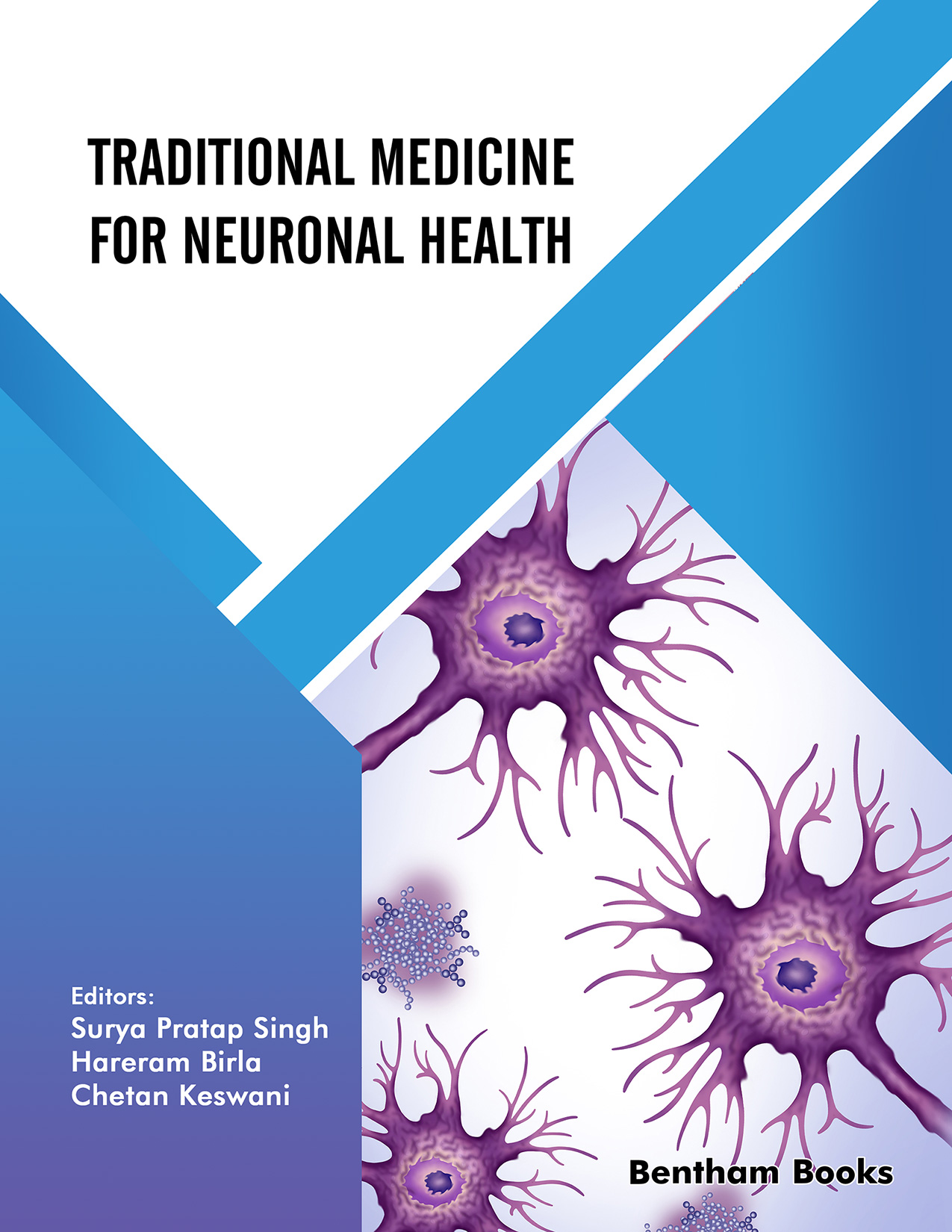Introduction
Advances in the treatment of neurodegenerative diseases (NDs) are nominal. Currently
available therapies are merely symptomatic treatments that cannot prevent the
development of the disease. Several herbs have been found very useful for managing
neurological diseases. There are immense possibilities to discover a more successful
line of ND treatment. Phytochemicals from medicinal plants may play a vital role in
maintaining the chemical balance of the brain by affecting the capacity of receptors
for the major inhibitory neurotransmitters. A few plants have already gained
popularity for the potential treatment of NDs. This volume highlights the
therapeutic role of medicinal plants and their scientific validation for improving
neuronal health. It presents 15 chapters that cover the herbal treatment of NDs,
including Parkinson’s disease and Alzheimer’s disease. The contents cover a range of
pharmaceutical agents like sirtuins, berberine, rosmarinic acid and resveratrol. The
book serves as a reference for pharmacology and herbal medicine scholars as well as
healthcare workers interested in information about alternative and complementary
therapies for neurological disorders.

